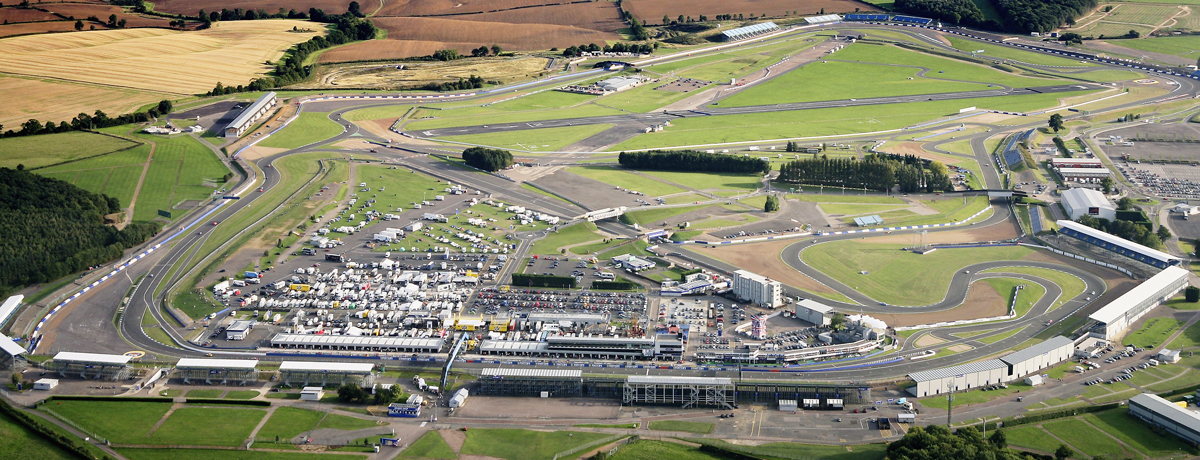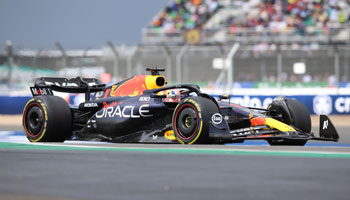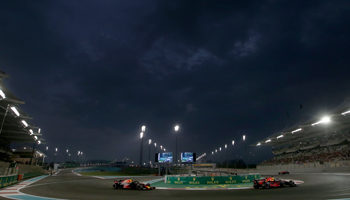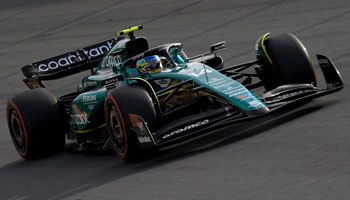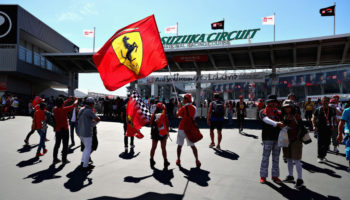As we approach the halfway point in the 2023 Formula One season, it is almost time for the biggest event on the UK motorsport calendar – the British Grand Prix at Silverstone.
The historic race first took place in F1’s inaugural campaign in 1950 and has remained on the calendar ever since, with more than 400,000 fans expected to descend on the classic circuit over the course of the weekend.
We have studied every Grand Prix across the past two decades to identify the key ingredients for success at Silverstone.
Who has the best record in the British Grand Prix?
Lewis Hamilton is the most successful driver in the history of the British Grand Prix, with eight wins and five further podium finishes from 17 starts.
The Briton – who is enduring the longest drought of his career having not won a race since December 2021 – is comfortably ahead of Jim Clark and Alain Prost on the all-time list, who managed five victories apiece.
Among Hamilton’s modern-day rivals, Aston Martin’s Fernando Alonso is the only driver with multiple wins at Silverstone. The 41-year-old stood on top of the podium in 2006 and 2011, although he has subsequently failed to make the rostrum since 2013.
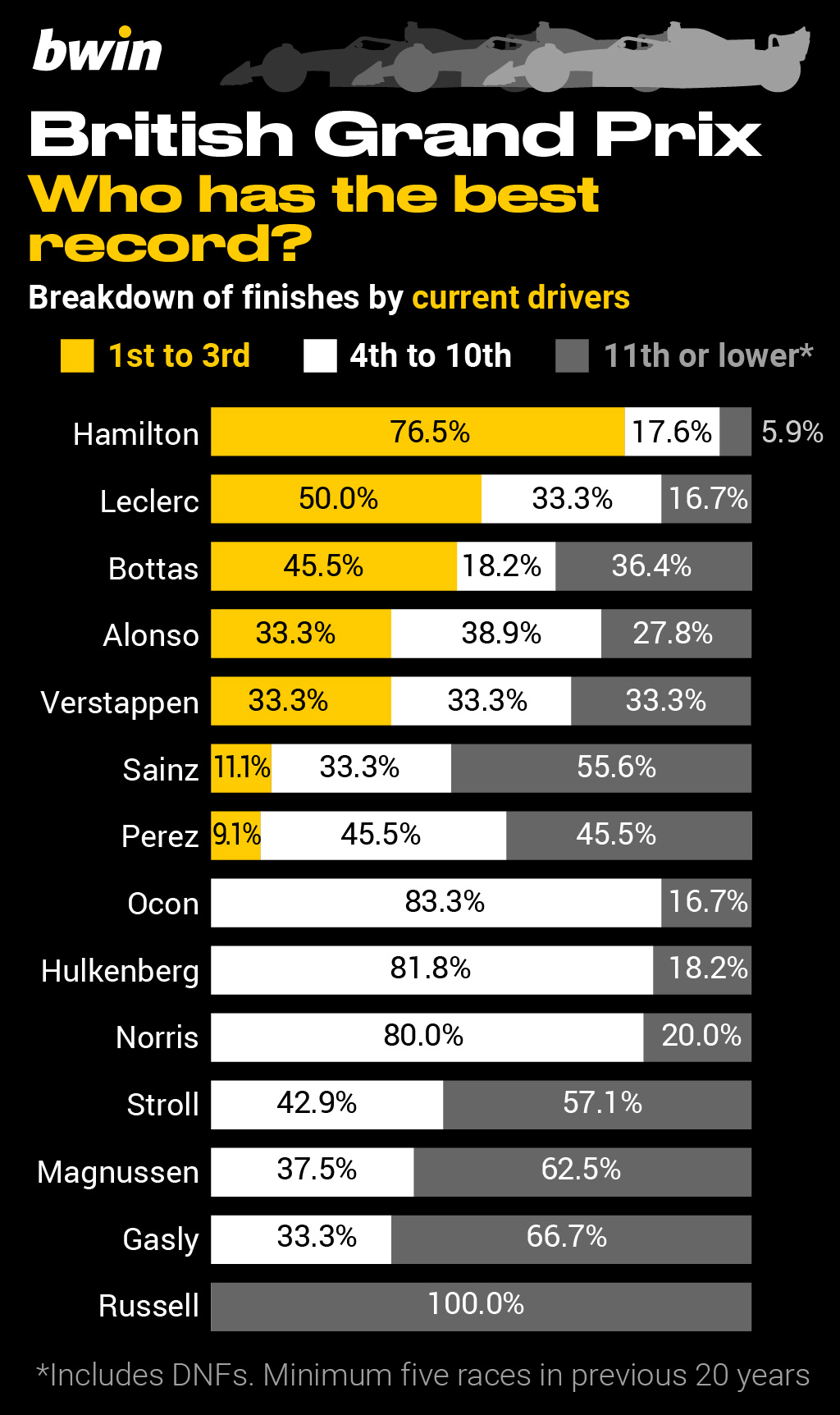
Red Bull’s Max Verstappen and Ferrari’s Carlos Sainz also have a British Grand Prix victory to their name, but Verstappen has generally struggled around Silverstone compared with elsewhere. The two-time defending world champion has failed to finish in three of his nine starts.
The Northamptonshire track has also proved challenging for Verstappen’s teammates and predecessors at Red Bull, with the constructor behind Ferrari and Mercedes for podium percentage since 2003.
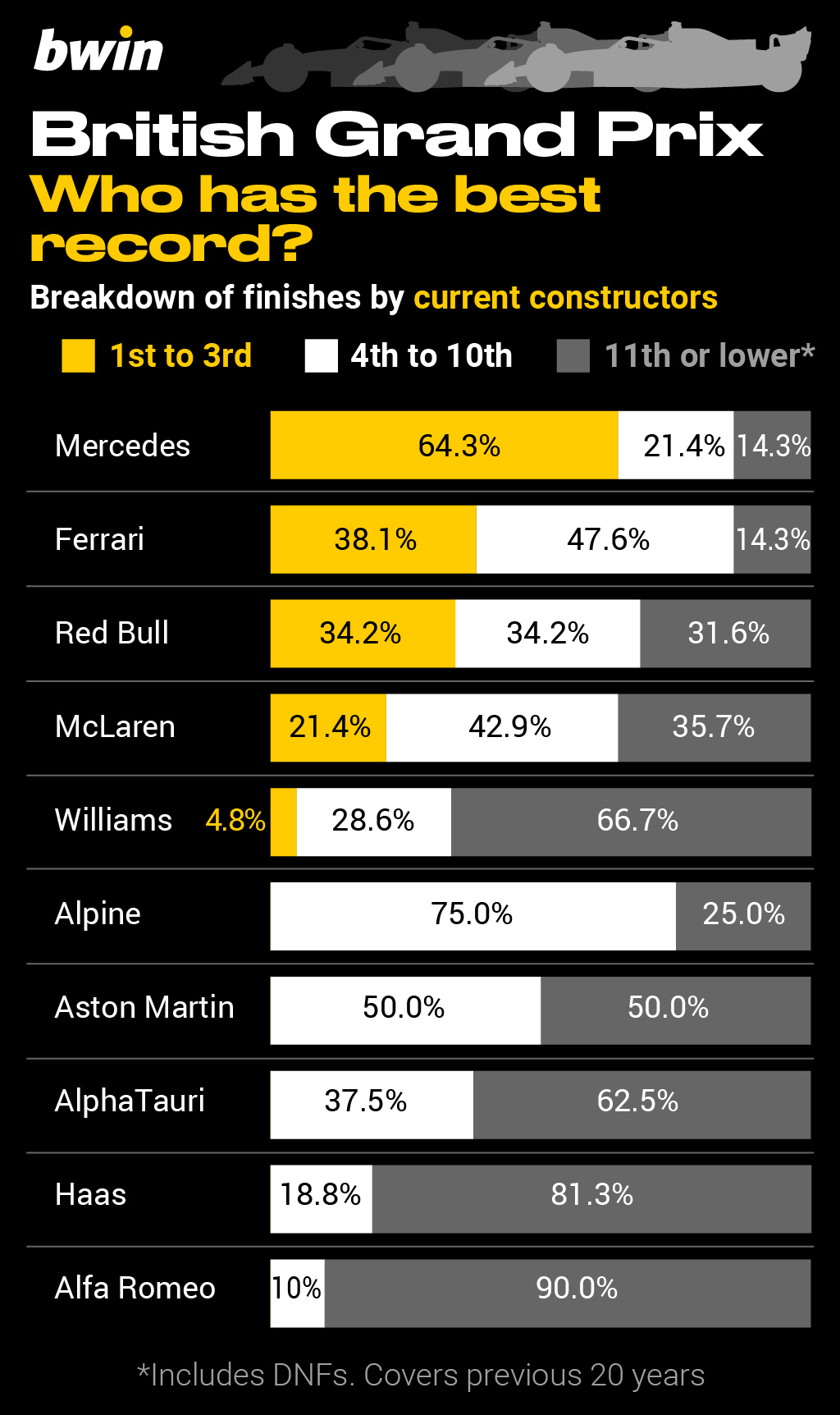
Mercedes have enjoyed a period of dominance in the last decade, with at least one driver on the podium in every British Grand Prix since 2013. Hamilton has led the way with seven victories in that time, as well as two runner-up finishes and a third place in 2022.
In contrast, five of the teams on the grid – Alpine, Aston Martin, AlphaTauri, Haas and Alfa Romeo – are yet to achieve a single top three finish. Alfa Romeo have the worst record of any constructor, with Kimi Raikkonen’s eighth place in 2019 being their only points-scoring result to date.
Does Silverstone predict the drivers’ championship?
Of the circuits to host at least 10 Grand Prix in the past two decades, Silverstone is some way down the list when it comes to predicting the drivers’ championship.
Only nine of the 21 races – including the 70th anniversary Grand Prix in 2020 – have been won by the season’s eventual champion. Six of Hamilton’s championship wins have come on the back of victory at Silverstone, with Kimi Raikkonen (2007), Alonso (2006) and Michael Schumacher (2004) also going on to win titles having topped the British Grand Prix rostrum in the same season.
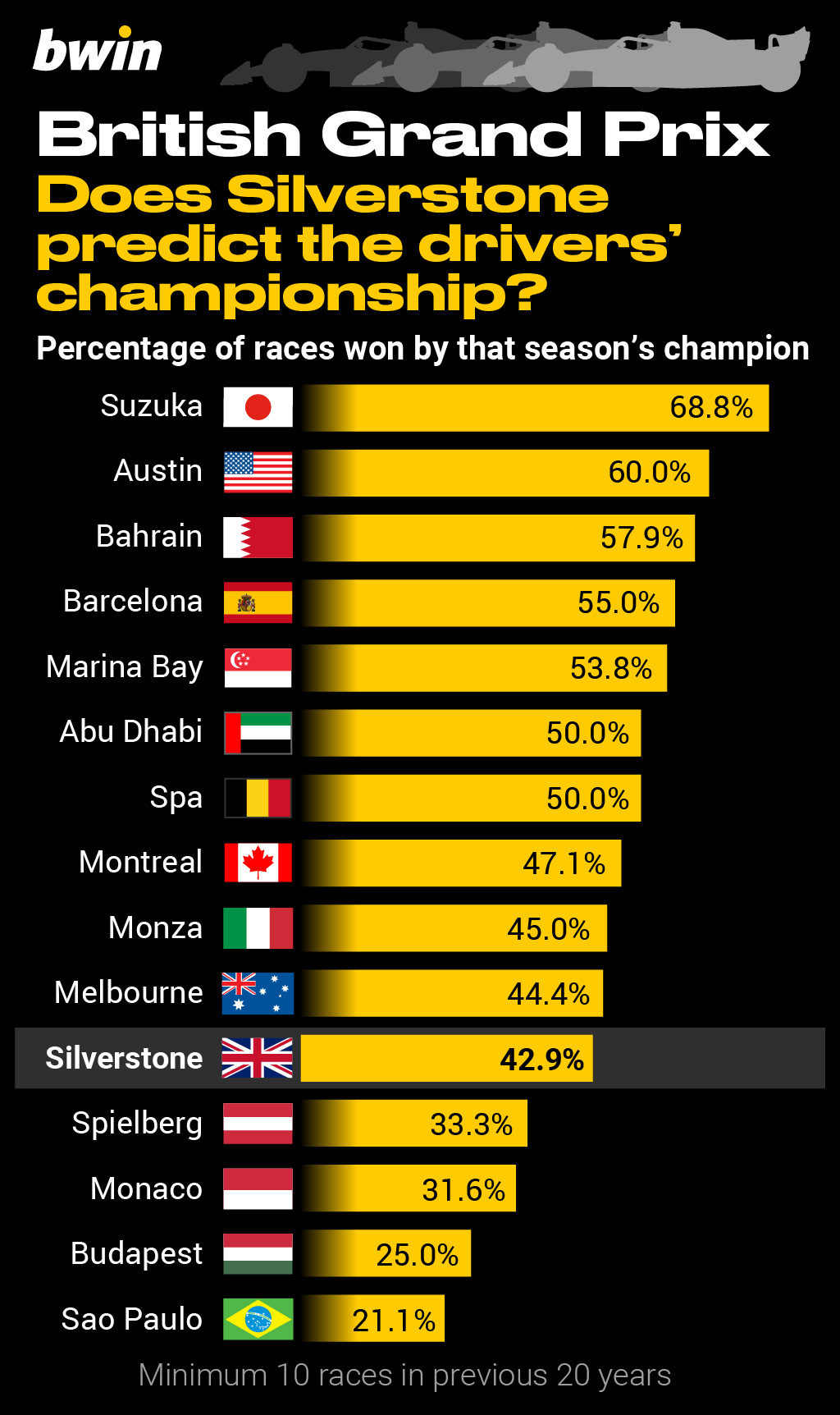
The Japanese Grand Prix at Suzuka has been the most predictive, with 11 of the last 16 winners going on to win the drivers’ championship. Meanwhile, the United States Grand Prix has seen six of its 10 winners claim the drivers’ title since it moved to Austin in 2012.
On the other hand, the Brazilian Grand Prix at Interlagos – normally scheduled towards the end of the season – has seen only four champions top the rostrum in 19 races since 2003.
Are we likely to see a close race?
It’s rare to see two drivers battling for victory at Silverstone, with the average winning margin of almost 12 seconds at the British Grand Prix being the longest of any regular circuit in the previous two decades.
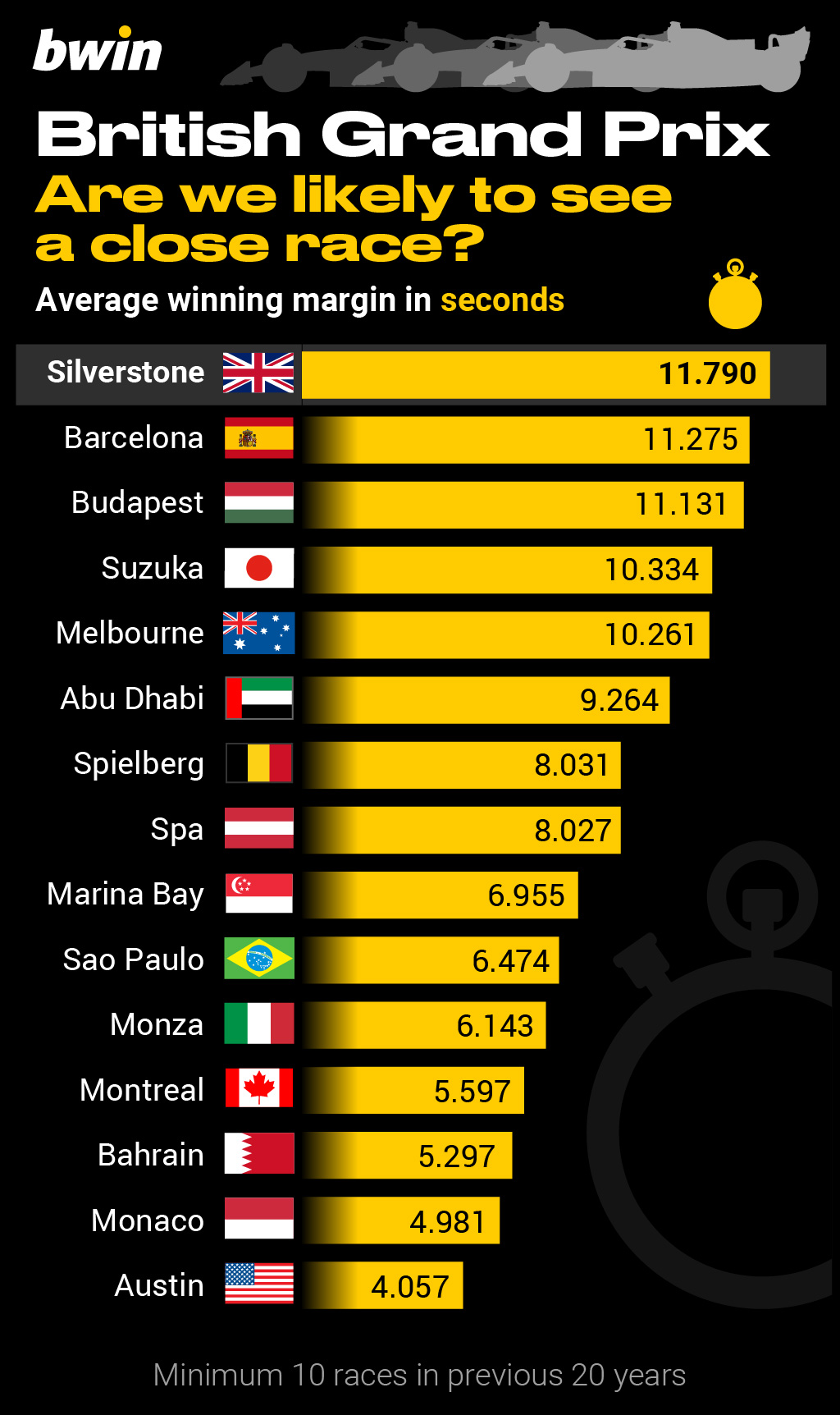
This figure is inflated by Hamilton’s 68-second victory in 2008 when – driving for McLaren – he powered clear of the field in a rain-affected race. The margin of victory remains the widest seen at any Grand Prix since Damon Hill won by two laps in Australia in 1995.
Recent editions have been more competitive, with Hamilton edging Leclerc by four seconds in 2021 and Sainz heading a pack of five cars separated by fewer than 10 seconds last summer.
How important is qualifying at Silverstone?
Despite the large average winning margin, Silverstone races tend to see plenty of changes in position, with only eight of the past 21 Grand Prix won by the driver who qualified in first place.
The rate at which pole positions have been converted into victories is the lowest of any regular circuit.
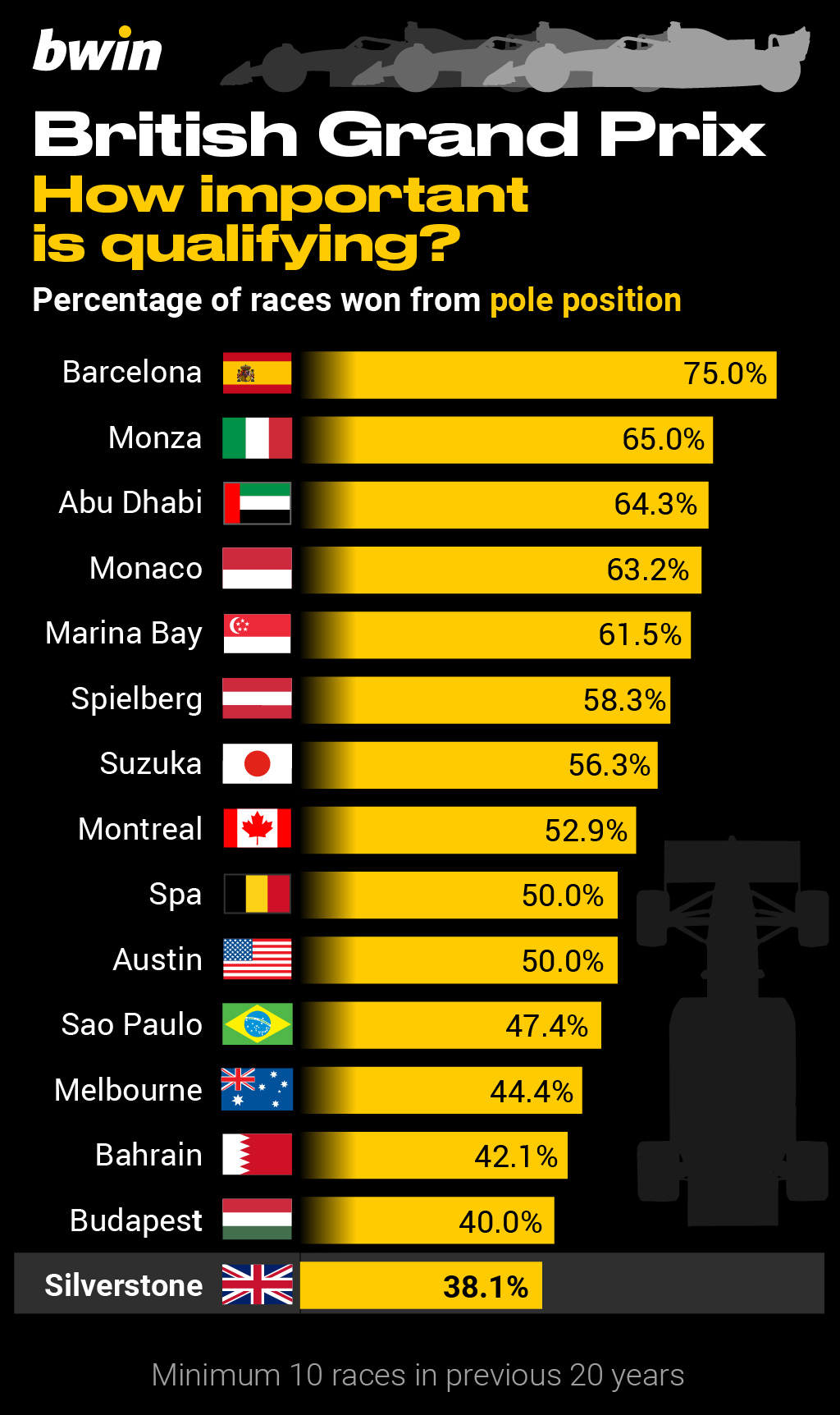
That said, this trend has reversed somewhat in recent years, with five of the last nine races won by the pole-sitter including last year’s surprise victory for Ferrari’s Sainz.
This bodes well for championship leader Verstappen, who has started from pole position in six of the nine rounds in 2023 to date. The Dutchman has also converted every one of those poles into race victory.
Join bwin today and receive up to £20 money back as a FreeBet if your first wager (3+ selections at odds of 1/2 (1.5) or greater) is a loser! Terms and conditions apply.

